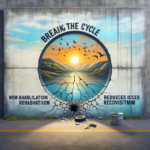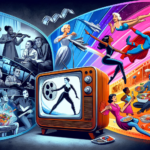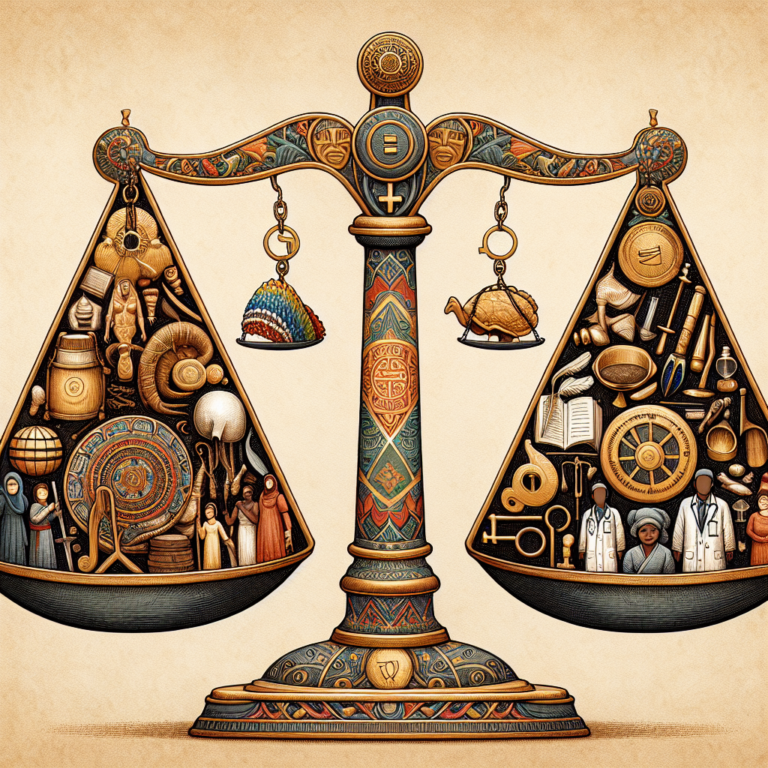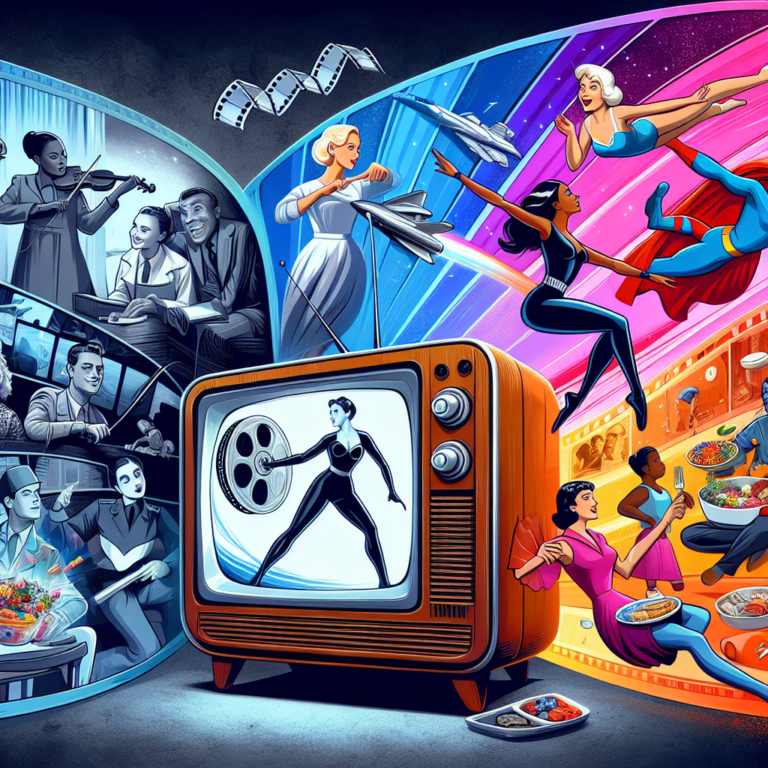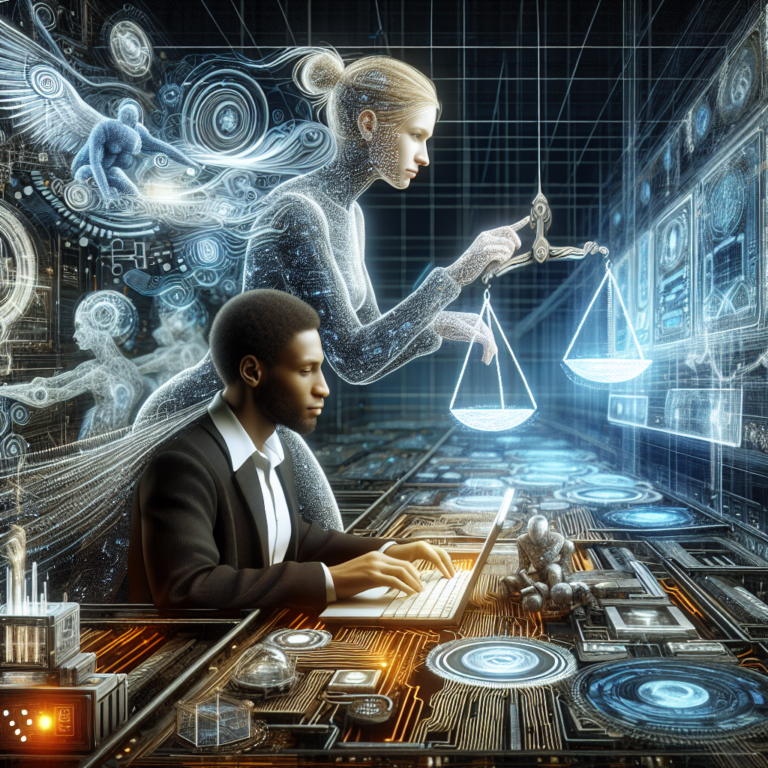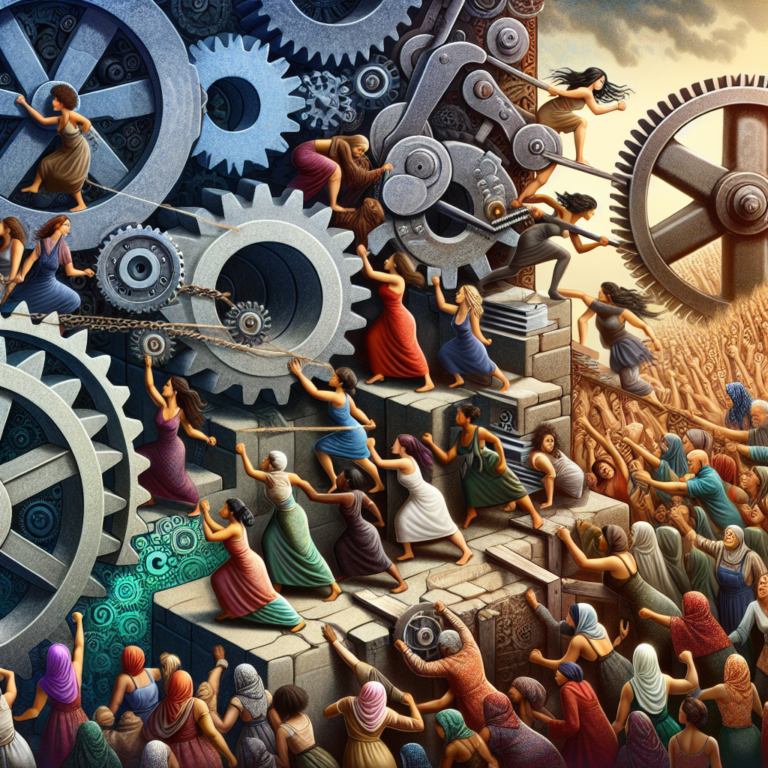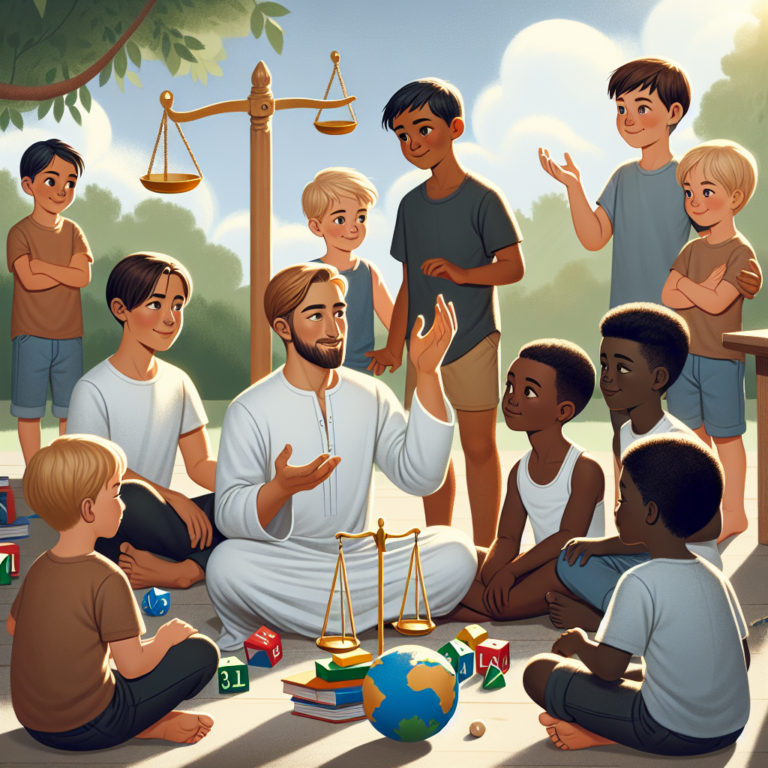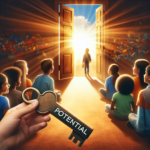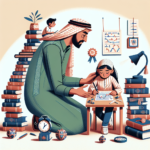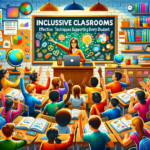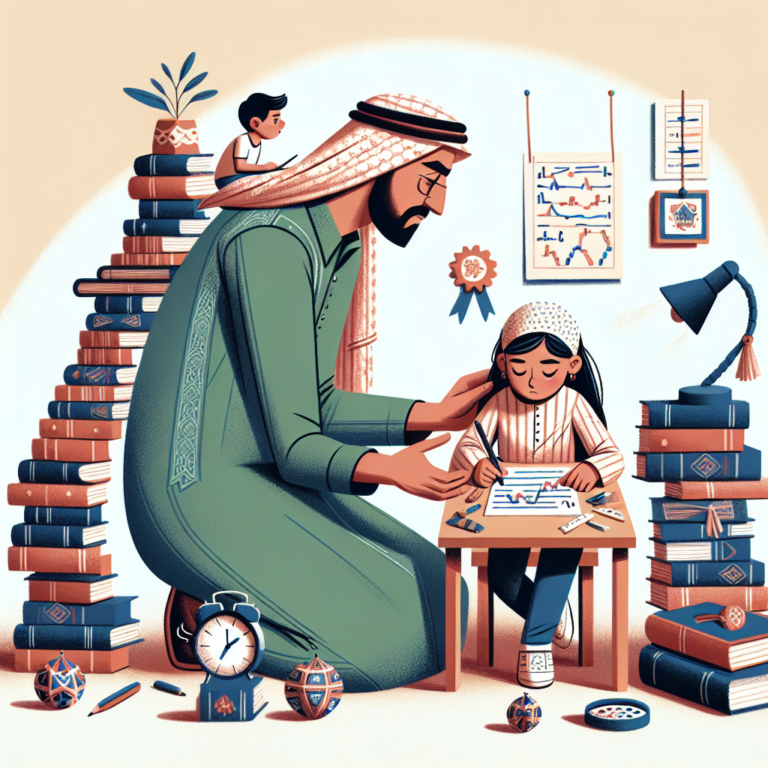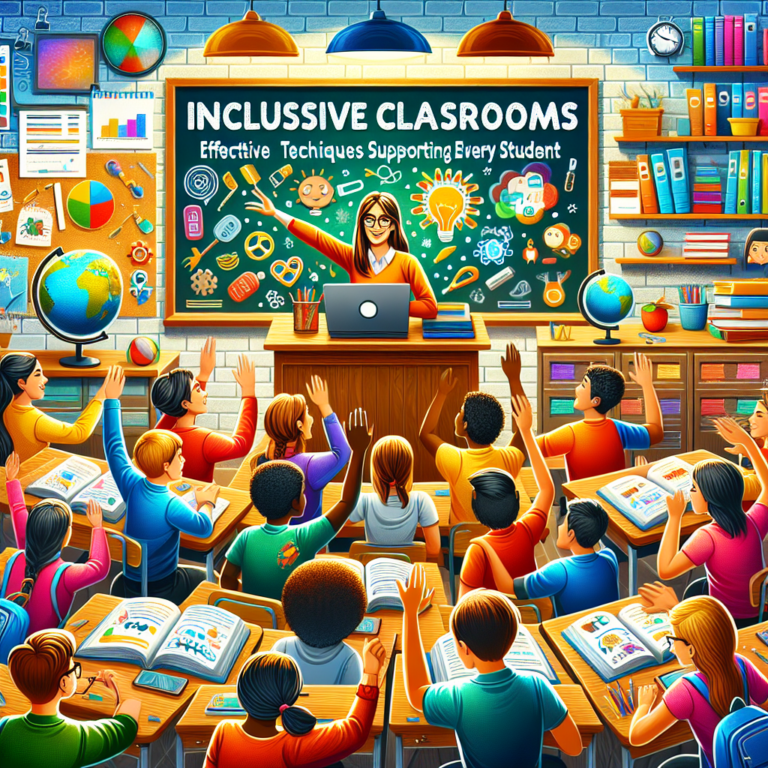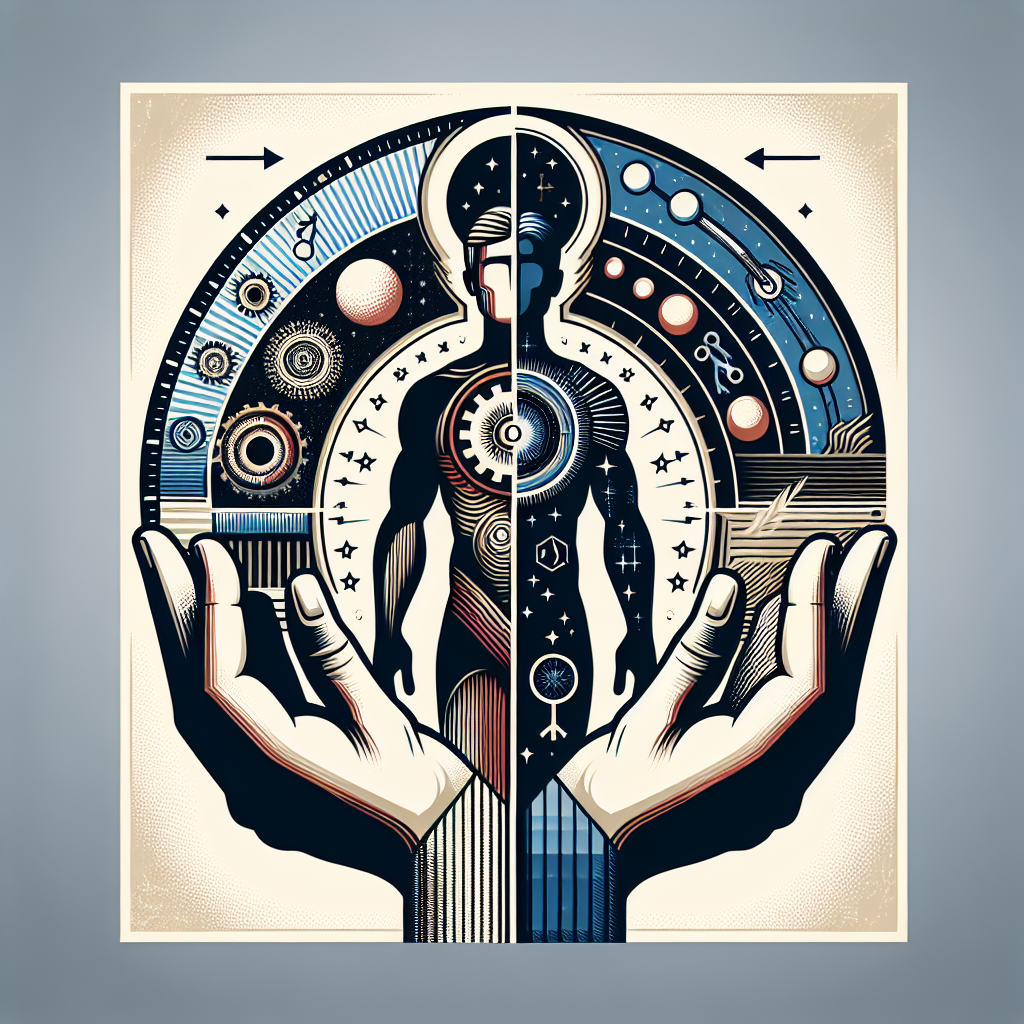
Introduction
In a world that’s evolving at breakneck speed, the traditional notions of masculinity are being scrutinized like never before. Masculinity in Crisis: Redefining What It Means to Be a Man Today highlights how societal shifts are forcing men to reconsider and reshape their identities. The rise of gender equality, the #MeToo movement, and changing expectations in the workplace are challenging the rigid stereotypes that have long defined manhood. But rather than viewing these changes as a threat, many are recognizing them as an ultimate opportunity for growth and development.
Men today are confronted with a unique challenge: how to be authentic while navigating a landscape that can at times seem hostile or confusing. This article explores the dimensions of this crisis, digging deep into the implications, challenges, and opportunities that come with redefining masculinity for the modern age.
The Historical Context of Masculinity
The Traditional Archetype
Historically, masculinity has been associated with traits like stoicism, aggression, and dominance. The "man of the house" was a primary breadwinner, protector, and authority figure. This traditional archetype has roots in various cultural and historical contexts — from early hunters and warriors to present-day corporate leaders.
The Evolution of Gender Roles
However, as we moved into the 20th and 21st centuries, significant cultural shifts have called this archetype into question. The feminist movements, civil rights battles, and an increased focus on mental health have highlighted the potential harms of rigid gender roles. Today, men are increasingly expected to embrace vulnerability, emotional intelligence, and shared responsibilities at home and work.
The Crisis of Masculinity
What Does Crisis Mean?
The term “crisis” evokes images of distress and chaos, but in the realm of masculinity, it’s more nuanced. It represents a pivotal moment of reflection where men grapple with their identities, values, and roles in society. The crisis manifests in various ways, including high rates of mental health issues, substance abuse, and suicide among men.
Statistics on Men’s Mental Health
Recent studies indicate that men are less likely to seek help for mental health issues, partly due to societal pressure to conform to traditional masculine norms. According to a report from the American Psychological Association:
| Statistic | Percentage |
|---|---|
| Men who seek therapy for depression | 1 in 3 |
| Men who commit suicide | 3.5 times more likely than women |
| Men who struggle with anxiety | 50% less likely to seek treatment |
These staggering figures illustrate not just a personal crisis but a societal one—emphasizing the urgent need to redefine what it means to be a man today.
Case Studies in Redefining Masculinity
1. The Men’s Sheds Initiative
Background: Originating in Australia, Men’s Sheds are community spaces where men can gather, share skills, and engage in conversations about mental health.
Analysis: This initiative illustrates a positive turn in redefining masculinity by fostering community and emotional expression among men. By engaging in a tactile, productive environment, participants break the cycle of isolation often associated with the traditional masculine identity.
2. The Fathers4Justice Movement
Background: This UK-based advocacy group fights for fathers’ rights in custody battles, aiming to change perceptions around fatherhood.
Analysis: Fathers4Justice challenges the stereotype that men are solely providers. They advocate for involved fatherhood, underscoring the emotional and nurturing sides of masculinity. This movement is an essential step in Masculinity in Crisis: Redefining What It Means to Be a Man Today as it encourages emotional availability and active parental roles.
3. The Rise of the Modern Male Role Model
Background: Figures like Dwayne "The Rock" Johnson and Barack Obama embody a blend of traditional strength with emotional intelligence.
Analysis: These public figures show how men can embrace qualities like vulnerability while still possessing traditional masculine traits. They serve as role models, breaking down barriers and urging young men to redefine their identities beyond outdated stereotypes.
Characteristics of Modern Masculinity
Emotional Intelligence
Men are increasingly encouraged to embrace emotional intelligence—acknowledging their feelings and being attuned to the emotions of others. This shift represents a major step away from the stoic archetype, allowing for a more nuanced and accepting definition of masculinity.
Supportive Avenues
The emergence of peer-support groups, therapy tailored for men, and community initiatives helps dissolve the stigma surrounding seeking help. These supportive avenues are vital in restoring mental health and enabling men to acknowledge their struggles as part of their journey.
Shared Responsibilities
Modern masculinity also involves embracing shared responsibilities in the household. Today’s men are encouraged to balance work and domestic duties, challenging the stereotype that women should prioritize home life. This evolving dynamic isn’t just about equality; it’s about the mutual respect and partnership that enrich both partners’ lives.
Redefining Masculinity Through Education
Schools and Masculinity
Educational institutions can play a pivotal role in redefining masculinity. Implementing programs that focus on emotional intelligence, healthy relationships, and conflict resolution can help cultivate a generation of emotionally aware and responsible men.
Workshops and Courses
Workshops designed to discuss and teach aspects of healthy masculinity provide safe spaces for men to explore their identities. These courses encourage participants to confront outdated notions of masculinity and to embrace a more holistic approach.
The Role of Media and Pop Culture
Portrayal of Masculinity
Media plays an essential role in shaping societal perceptions. Movies, television, and literature have increasingly begun to depict a broader range of male characters—ones who are sensitive, nurturing, and complex.
Positive Representation
Films like "Moonlight" and shows such as "This Is Us" challenge traditional stereotypes and showcase multifaceted representations of masculinity. They normalize vulnerability and emotional struggles, which is crucial for collective healing and understanding.
Conclusion
The quest for a new definition of masculinity is not just an individual journey; it’s a societal renaissance. Masculinity in Crisis: Redefining What It Means to Be a Man Today calls for introspection, dialogue, and collective action. Men no longer need to conform to tired definitions; they can forge a new identity—one that emphasizes strength, vulnerability, and community.
Through initiatives that promote emotional well-being, shared responsibilities, and positive role models, men can navigate this crisis, transforming it into an opportunity for genuine growth. By embracing a well-rounded identity, they take the first step toward a healthier and more inclusive future.
FAQs
1. What does "masculinity in crisis" mean?
"Masculinity in crisis" refers to the current societal challenges that traditional male identities face, including mental health issues, changing gender norms, and the pressure to conform to outdated stereotypes.
2. How can men redefine their masculinity?
Men can redefine their masculinity by embracing emotional intelligence, supporting gender equality, and actively participating in their families and communities without fear of stigma.
3. Why is mental health important for modern masculinity?
Mental health is essential for modern masculinity as it allows men to confront emotional struggles and break free from harmful stereotypes that discourage vulnerability.
4. Are there positive representations of masculinity in media?
Yes, contemporary media increasingly showcases diverse representations of masculinity, promoting emotional complexity and vulnerability, as seen in various films and television shows.
5. What role do educational institutions play?
Educational institutions can significantly impact the redefinition of masculinity by implementing programs focused on emotional awareness, empathy, and healthy communication skills, fostering a more supportive environment for young men.
By reframing conversations around masculinity, we take a pivotal step toward creating a healthier, more equitable society for everyone.

